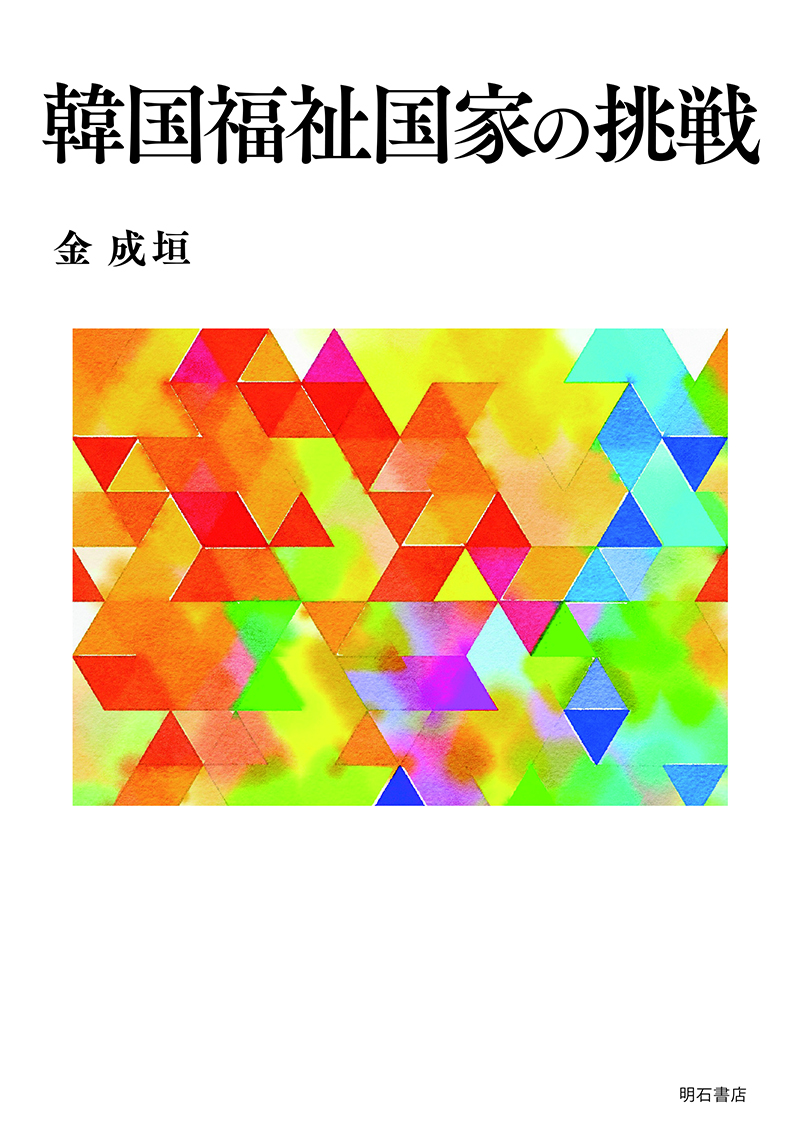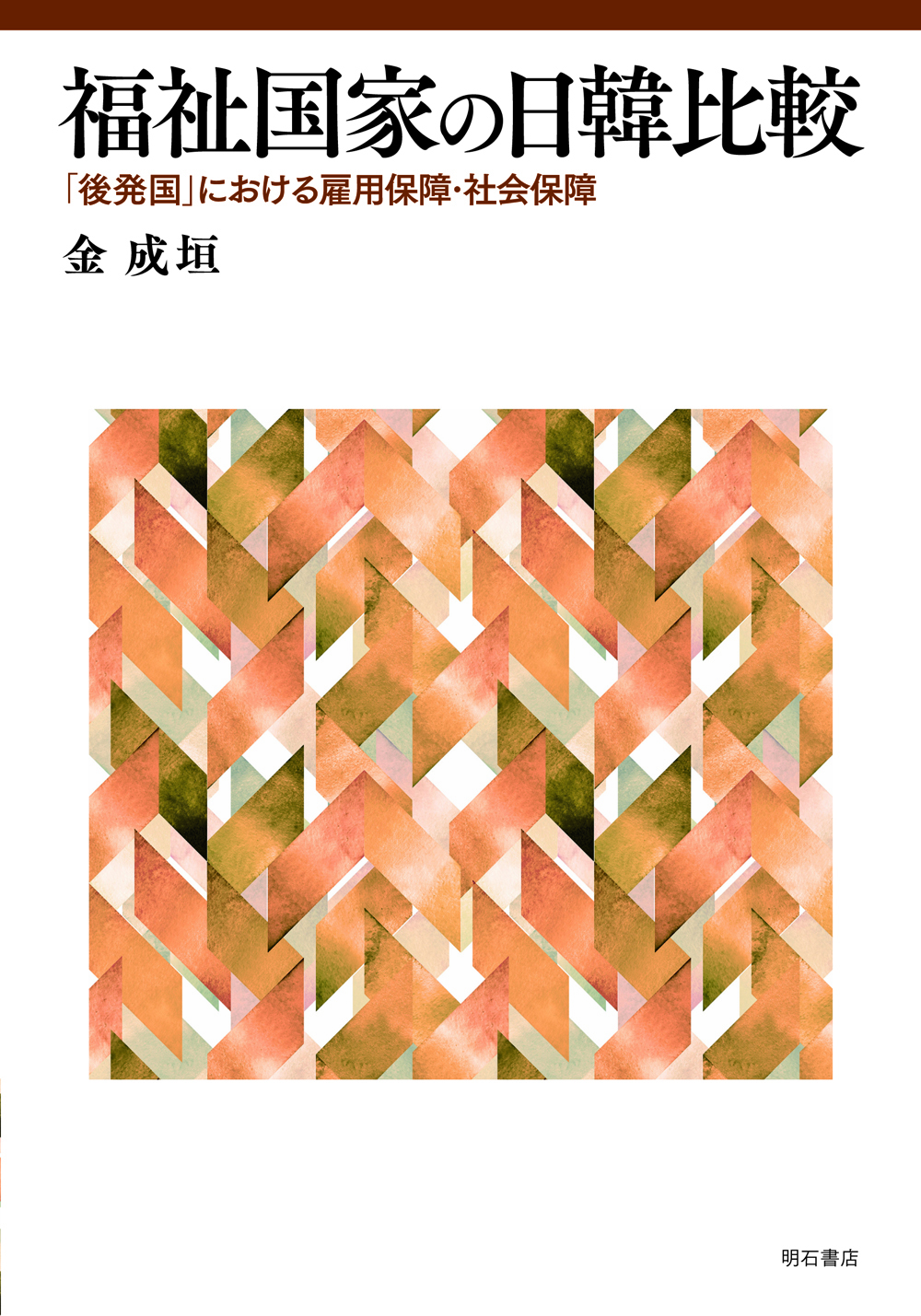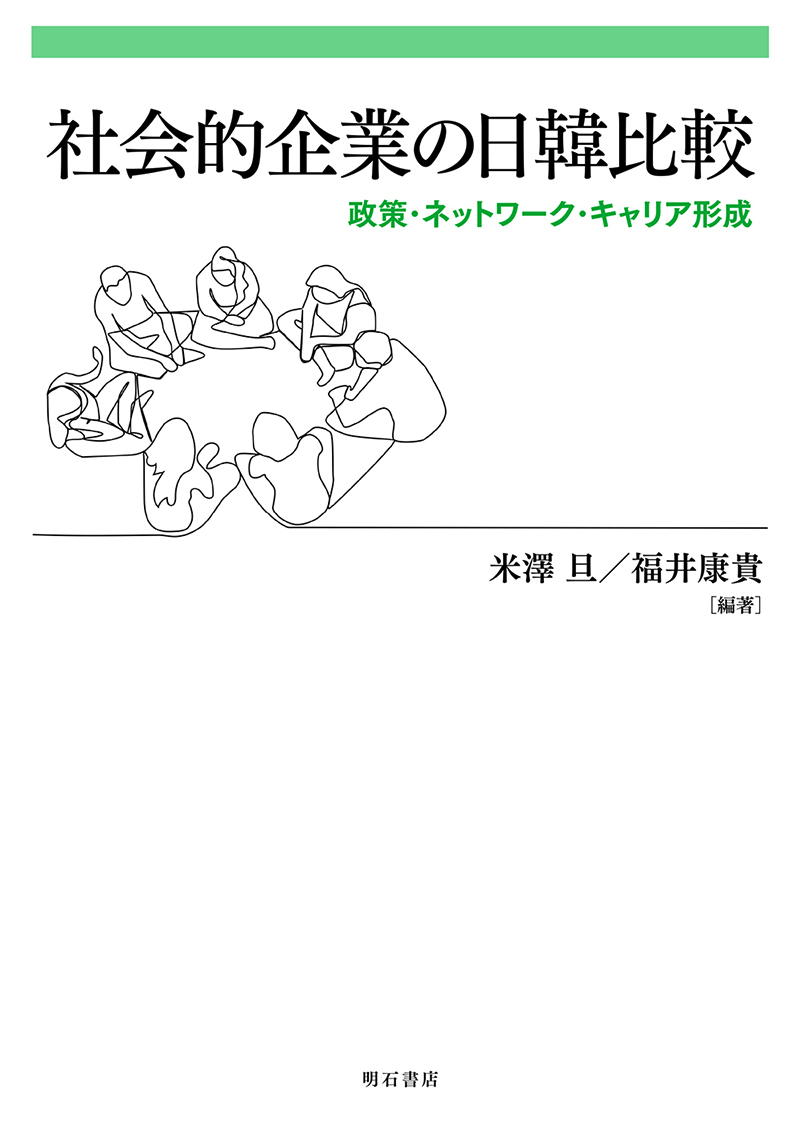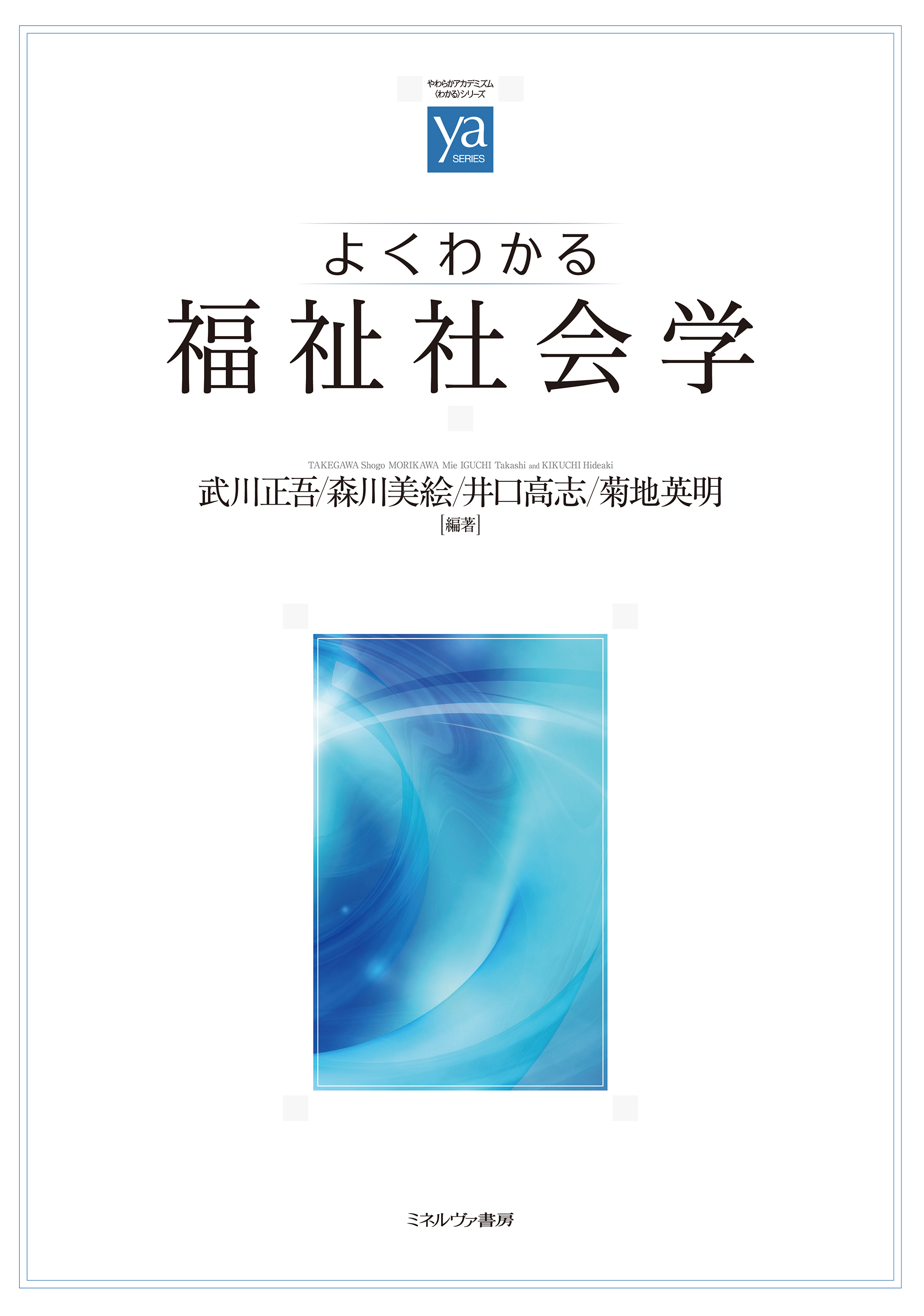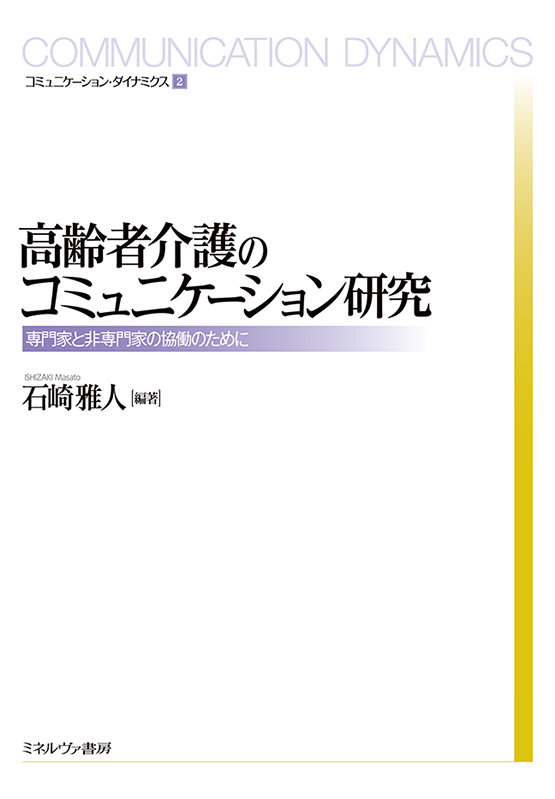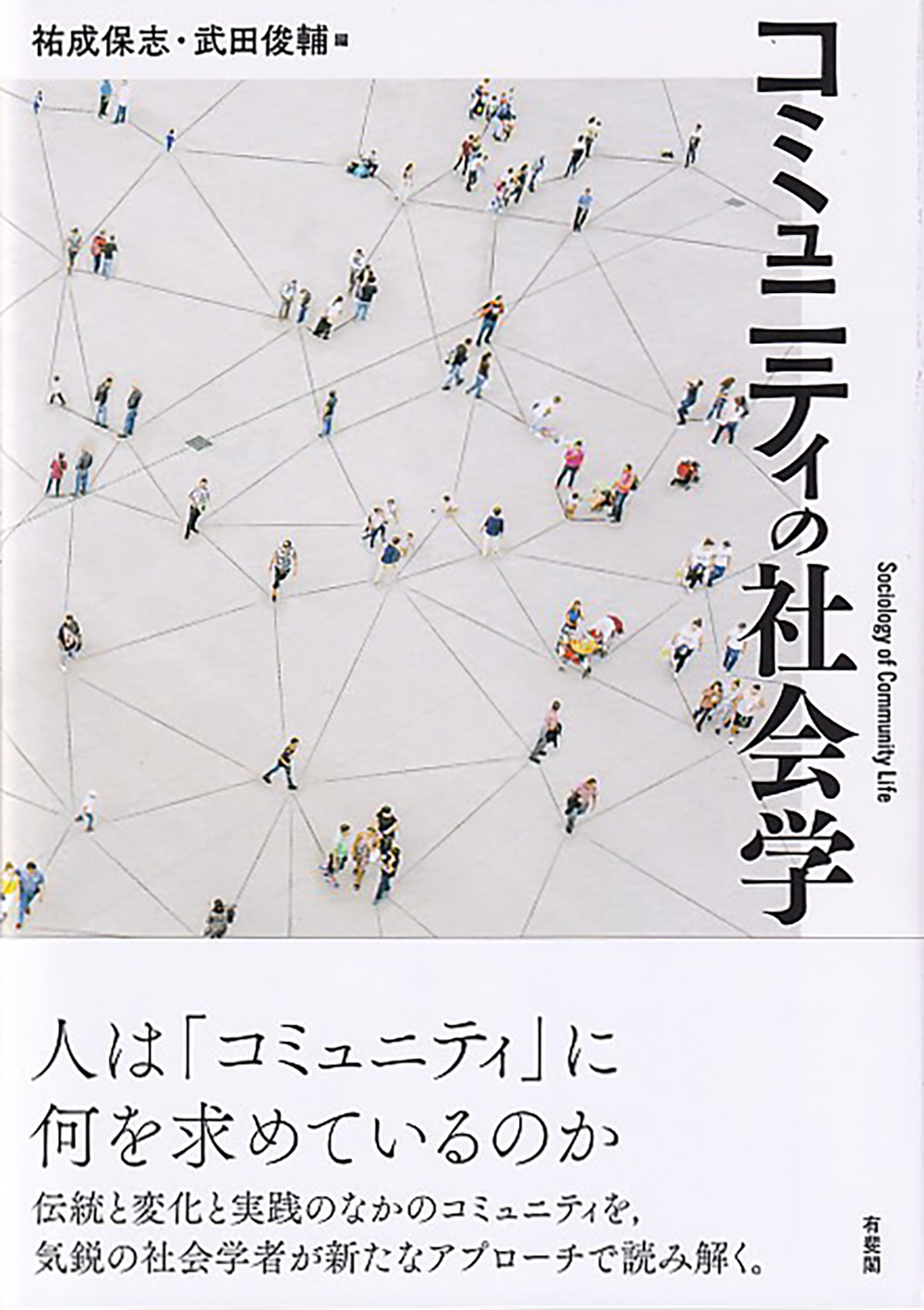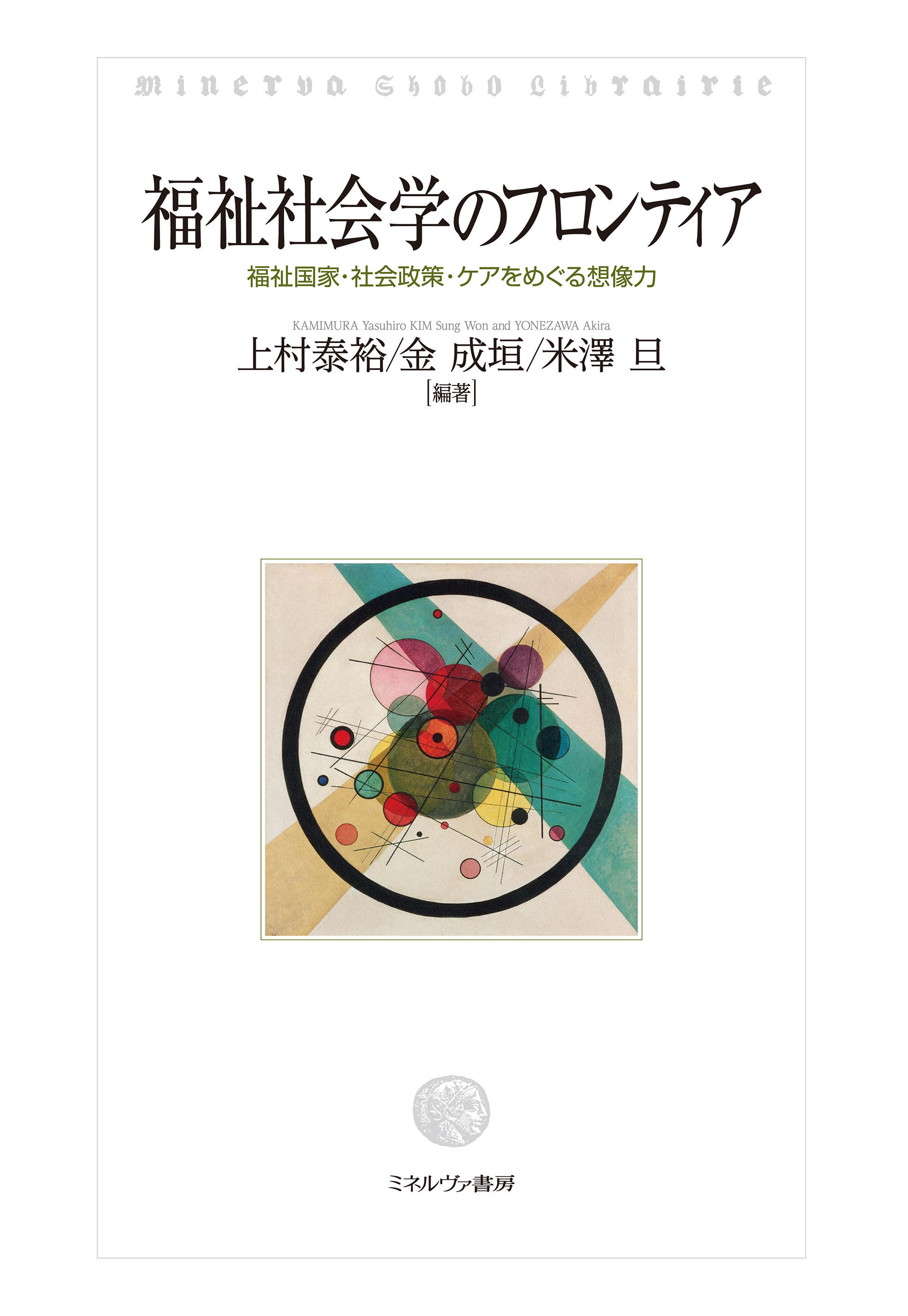
Title
Fukushi-shakaigaku no Frontier (The Frontier of Welfare Sociology - Reimagining the welfare state, social policy, and care)
Size
284 pages, A5 format
Language
Japanese
Released
November 10, 2021
ISBN
9784623092826
Published by
Minerva Shobo
Book Info
See Book Availability at Library
Japanese Page
The “sociology of welfare” is the study of welfare through a sociological lens. With the Japan Welfare Sociology Association having only been founded in 2003, the field is young compared with associations of other sociological subfields like the Japan Association of Regional and Community Studies (1975), the Japanese Association of Labor Sociology (1988), and the Japan Society of Family Sociology (1991). Nursing care and childcare, which used to be regarded mainly as the role of the family, emerged as a sociological issue at the beginning of the 2000s. This accentuated the variety of actors in the local community responsible for care and welfare, in addition to the state and the family. The importance of providing welfare in the form of services to assist with care and employment, rather than just in the form of cash benefits, has also increased. Amidst these changes, the field of welfare has undergone a massive revolution, following the introduction of the long-term care insurance system, social welfare infrastructure reform, the establishment of the NPO Act, and the enactment of the Basic Act for Measures to Cope with Society with Declining Birthrate. These changes in welfare in the early 2000s effected welfare sociology, a research domain that dealt the diverse and manifold issues brought about by these changes, rather than just “welfare” in the strict sense of the word.
However, it is unclear what new possibilities lie in store for welfare sociology, now that the field is roughly twenty years old. Informed by the first and second generations of research results in welfare sociology (iconic works include Yoshiya SOEDA’s Challenges in Welfare Sociology [Iwanami Shoten, 2013] and Welfare Sociology: A series, vols. 1–4, by Shōgo TAKEGAWA, Yoshiya SOEDA, Masayuki FUJIMURA, and Yōko SHŌJI, eds. [Tokyo University Press, 2013]), this book is a project conducted by the third generation of researchers, that aims to discover the “frontier of welfare sociology”: New findings for welfare sociology in the 2020s and beyond.
It is not that the field has undergone decisive changes compared with the 2000s, when it first emerged. However, that is precisely the problem. While the call for change is getting louder, the slow response has left those in the lurch in even more dire conditions. There is a need to put in effort to determine how long the response is delayed and the cause of this delay, and to identify where changes are needed and the direction of those changes. With a clear awareness of these current issues, this book searches for the evolution and frontier of welfare sociology by reexamining the research perspectives and analytical frameworks of the welfare state, social policy, and care, and attempting to raise new questions and issues in the domains of policy and implementation.
(Written by Kim Sung Won, Associate Professor, Graduate School of Humanities and Sociology / 2023)



 Find a book
Find a book


